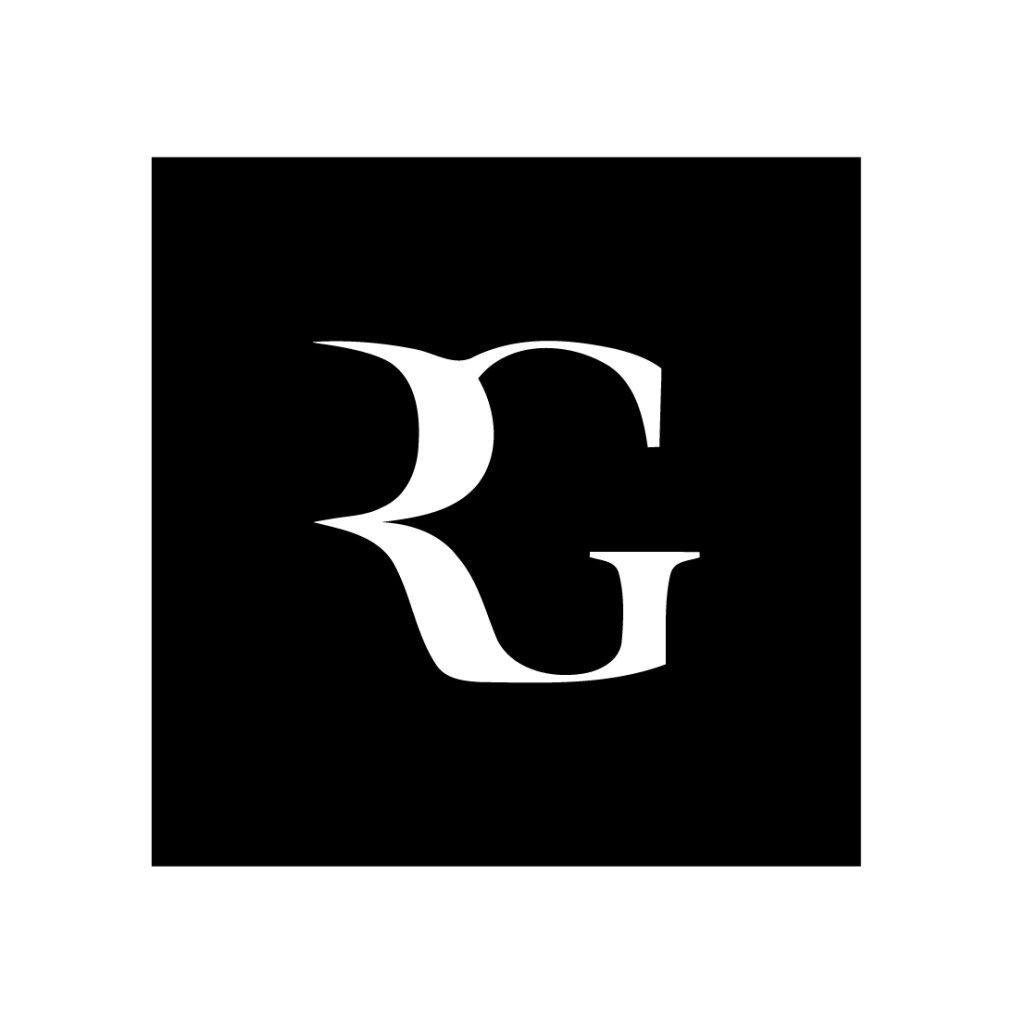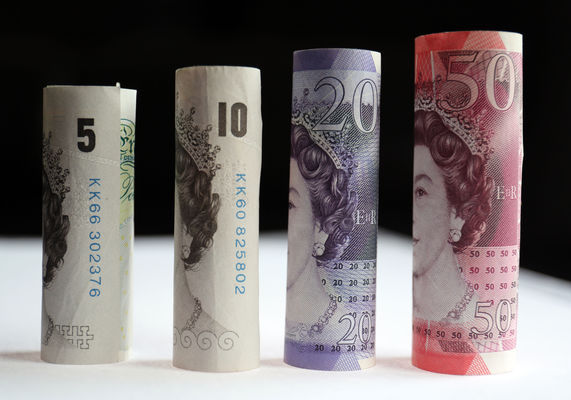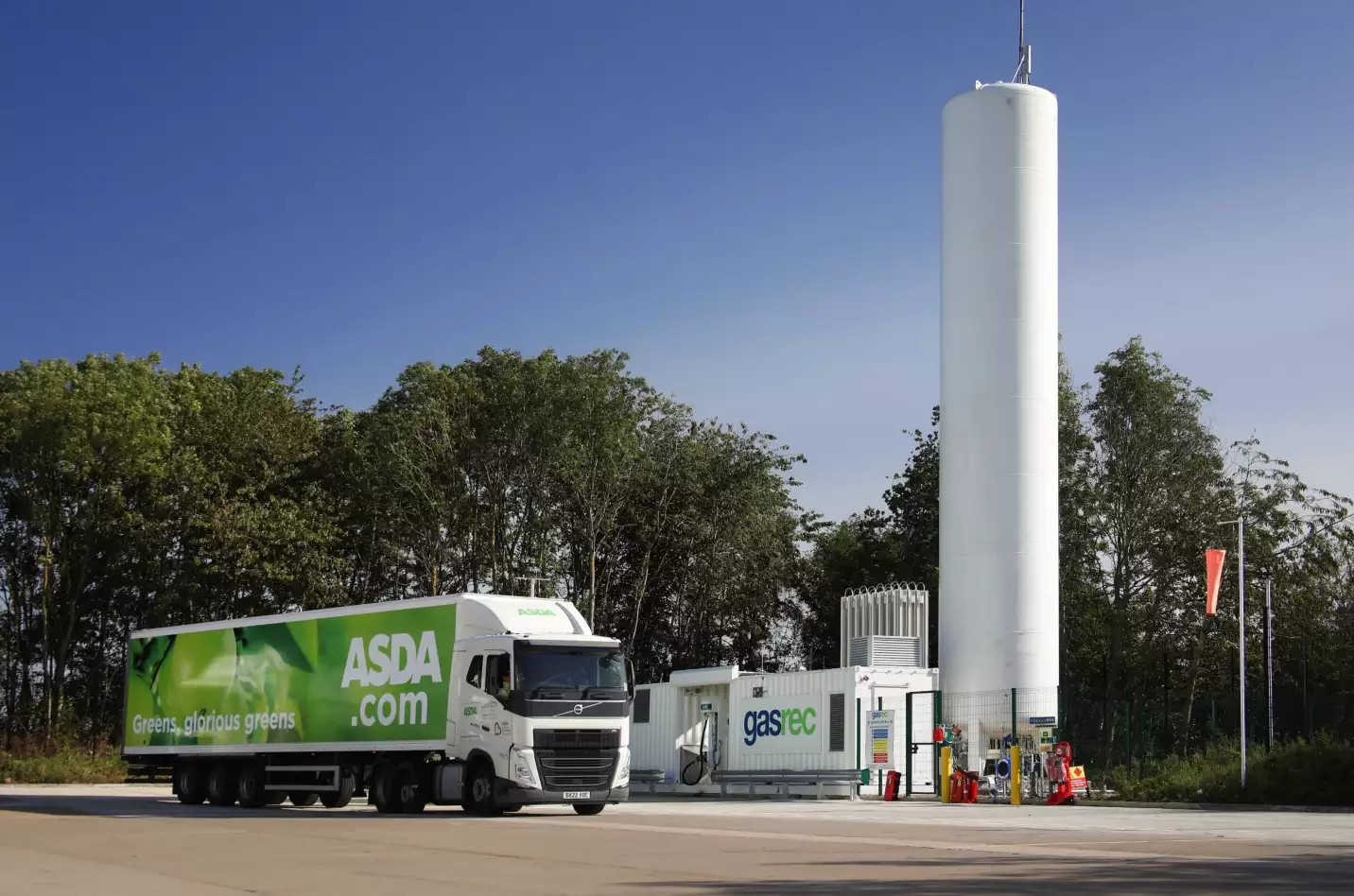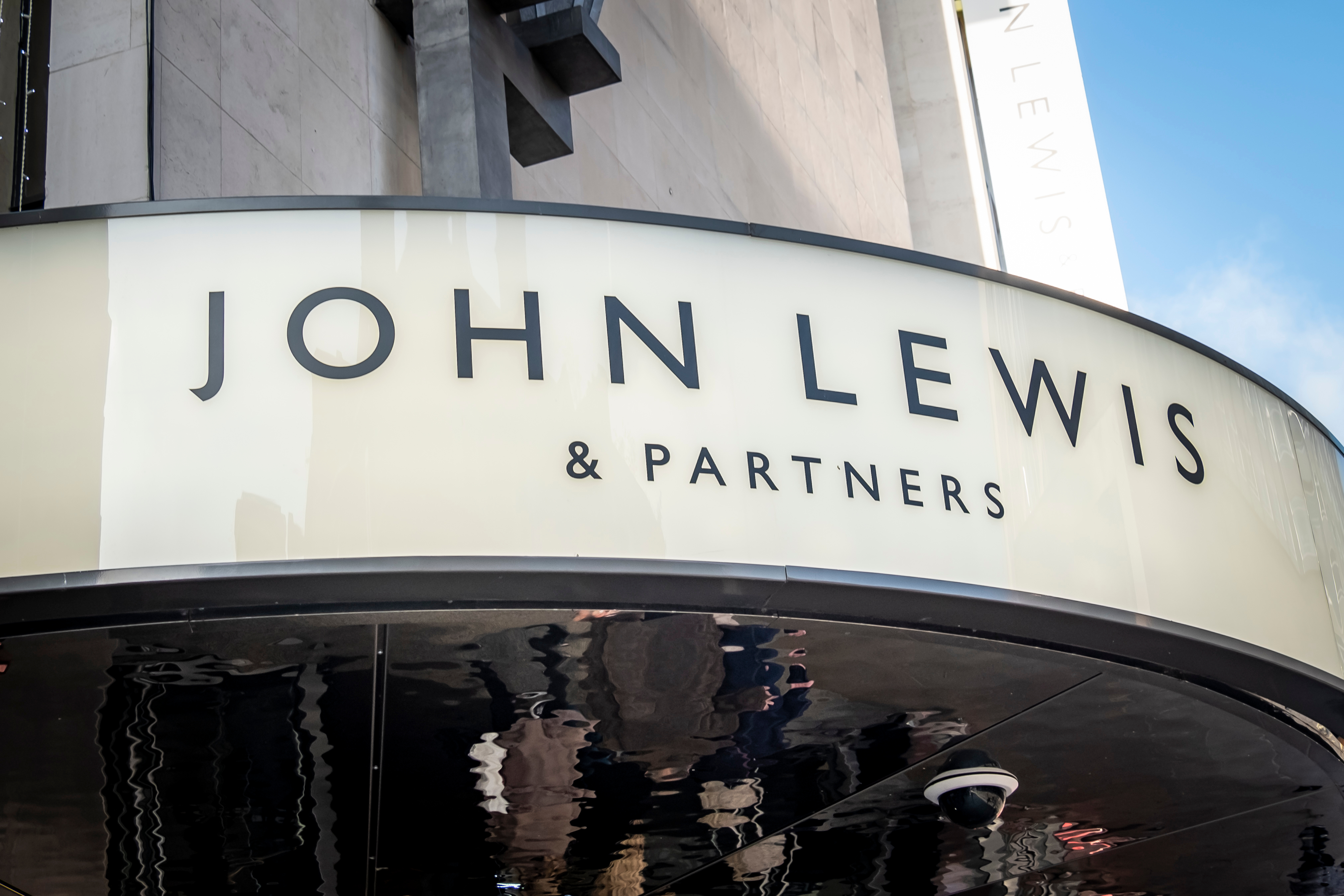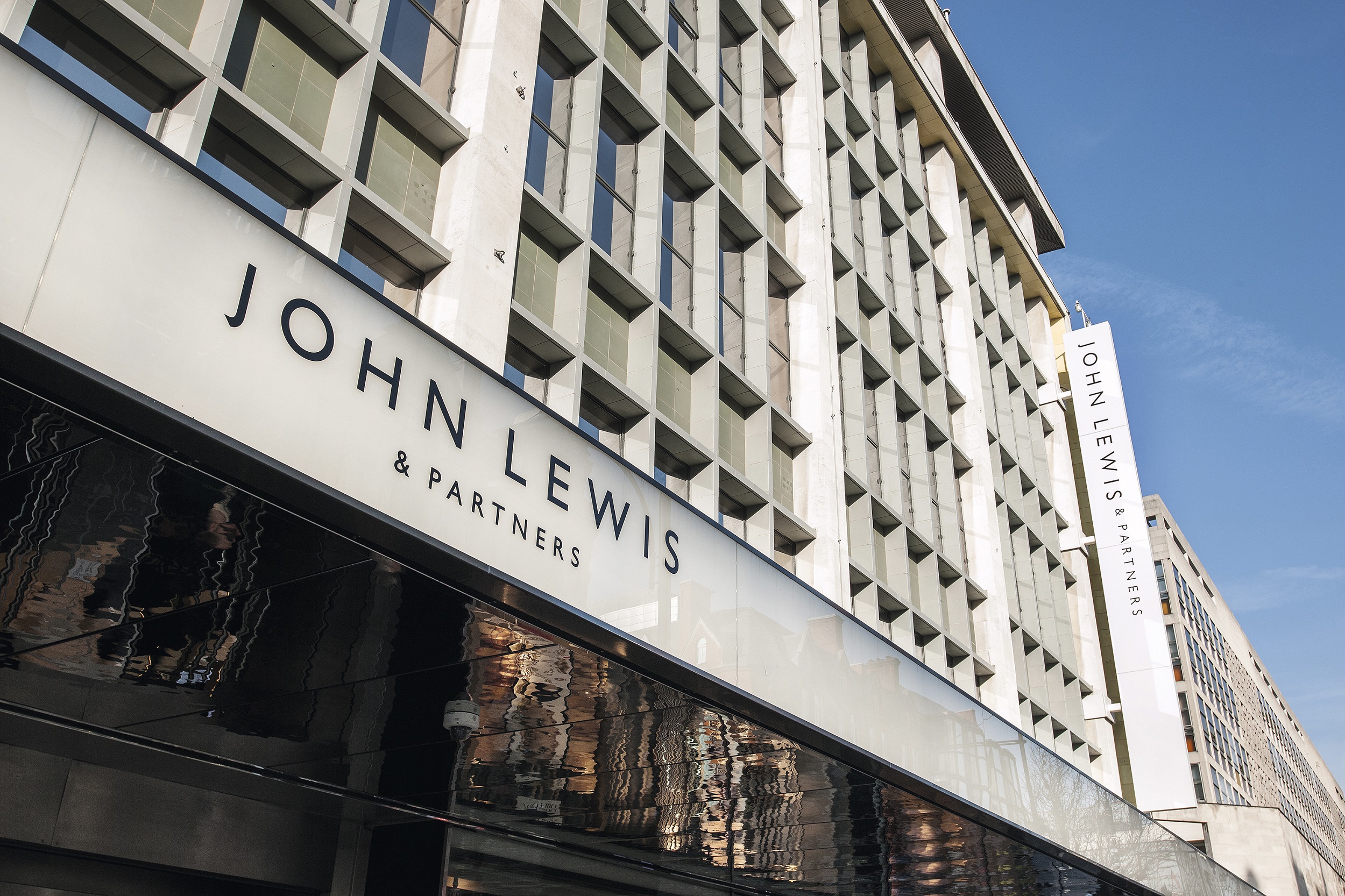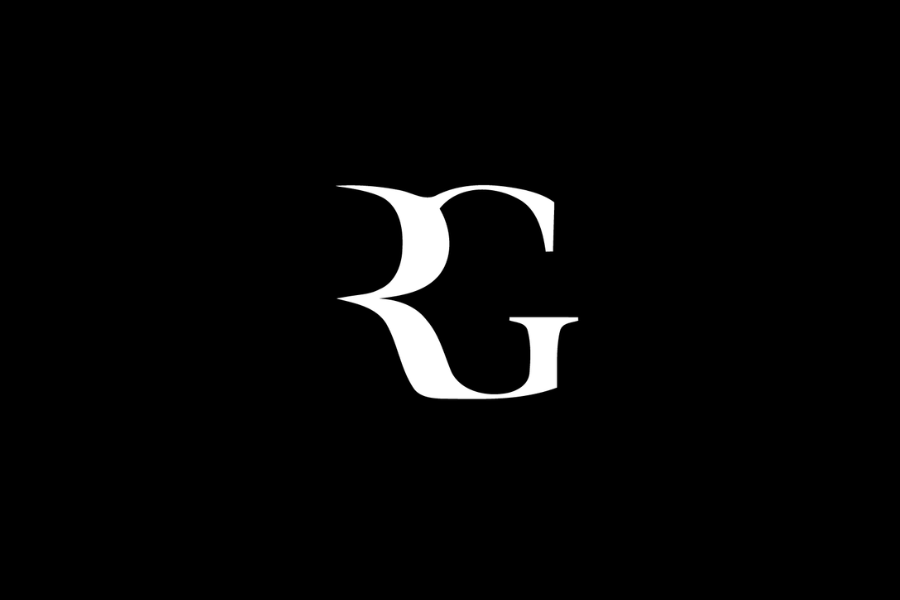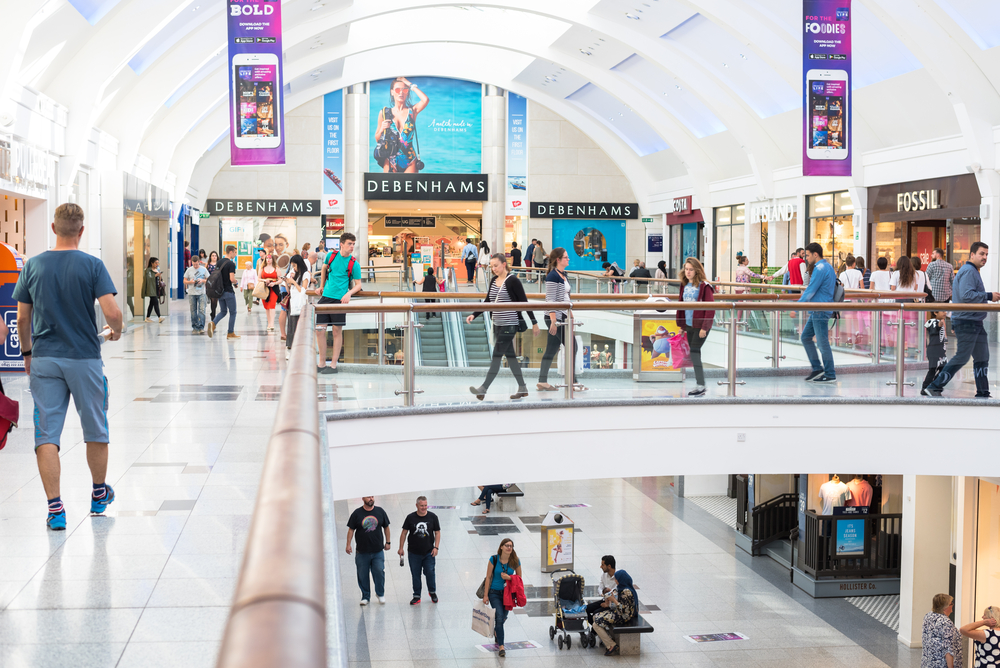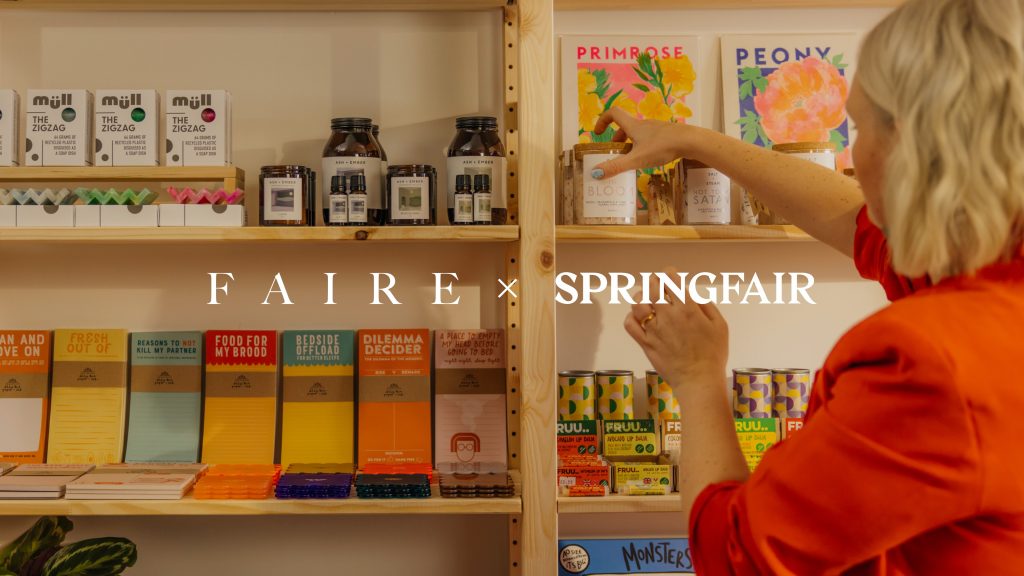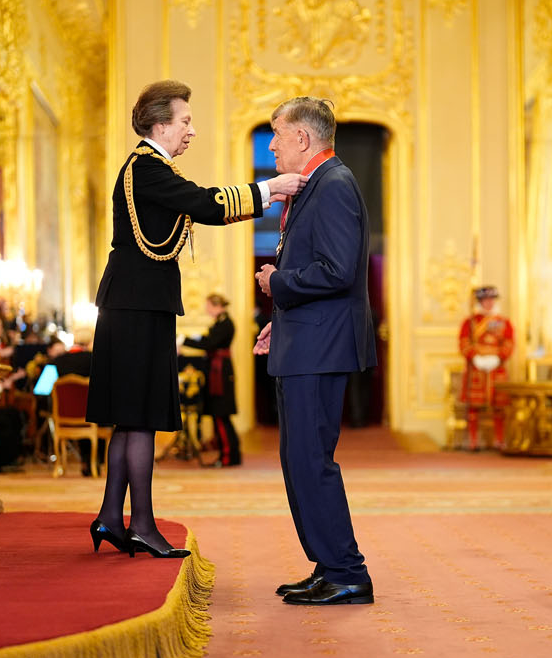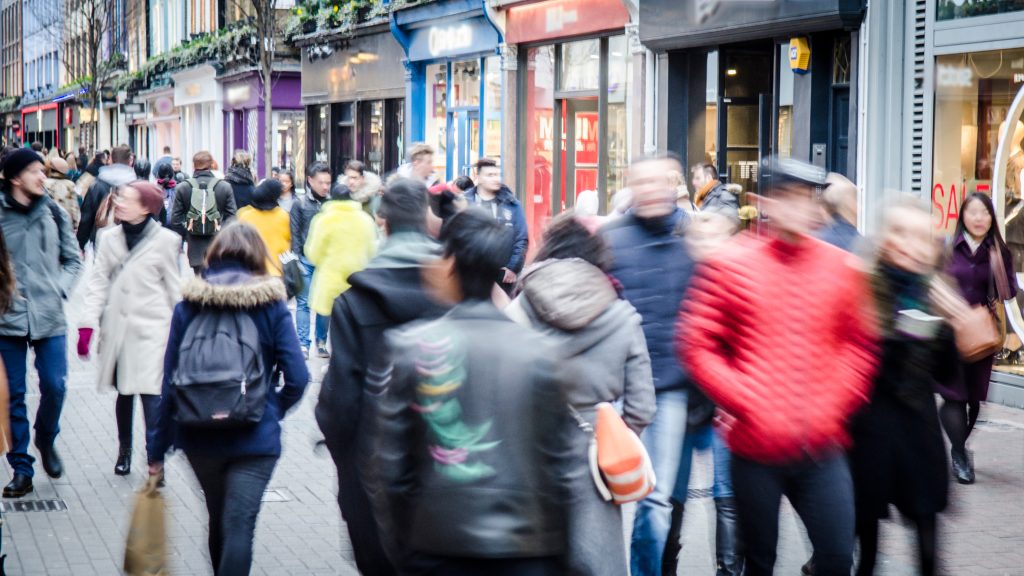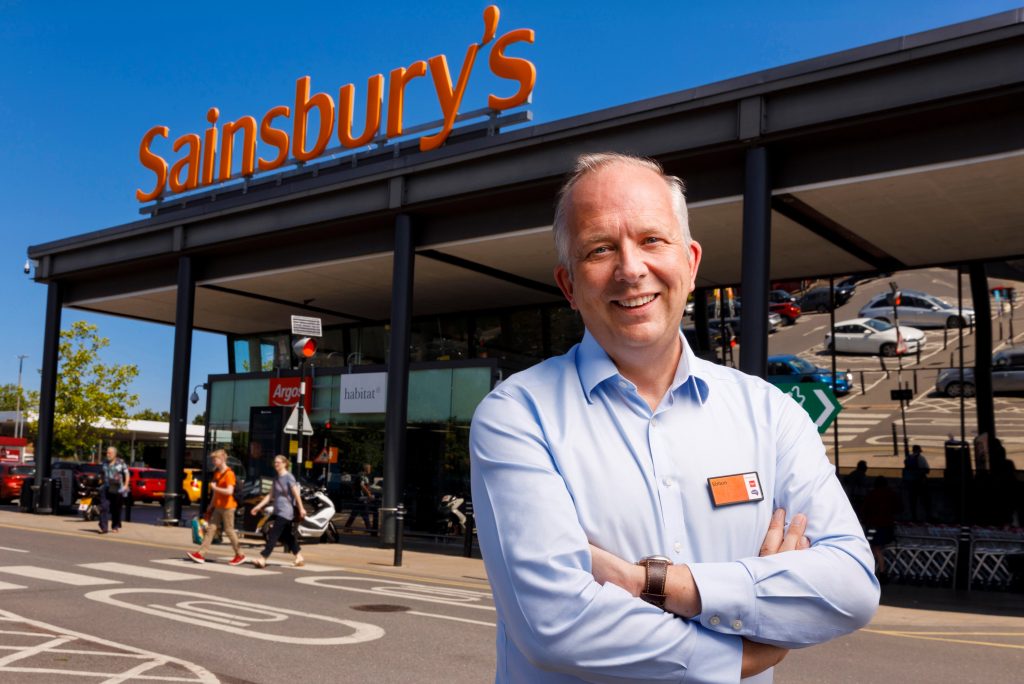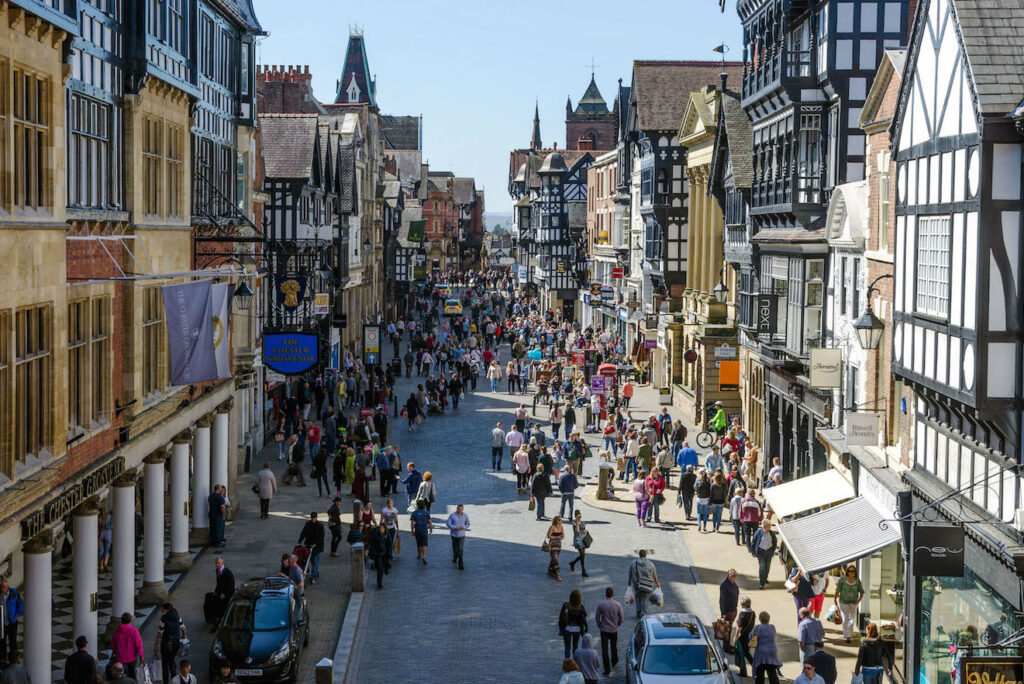Inflation exceeded the Bank of England‘s target of two per cent last month, hitting levels not seen since September 2013.
Food prices pushed inflation to 2.3 per cent in February, up from 1.3 per cent in January, according to the Office for National Statistics‘ (ONS) Consumer Price Index (CPI).
The supermarket price war came to an abrupt halt last month, marking an end to 31 consecutive months of decline, rising by 0.3 per cent year-on-year.
Compared with January, food prices shot up by 0.8 per cent, this compares to a 0.1 per cent increase a year before.
“Inflation has risen to its highest rate for almost three-and-a-half years with price increases seen across a range of items but with food and fuel having the largest impact,” ONS deputy national statistician Jonathan Athow said.
Predictions for the coming months remain bleak, as Kristin Forbes stated inflation was “rising quickly and was likely to remain above target for at least three years”.
READ MORE: Consumer spending set to slump to four-year low
A separate measure of inflation, the Retail Price Index which includes council tax and mortgage payments, also rose by 3.2 per cent in February.
PwC senior economic adviser Andrew Sentence said: “It is no surprise to see inflation picking up further and going above two per cent. This is the product of increasing global price pressures and the weakness of the pound.
“Inflation has been rising across a range of countries recently – including the United States and members of the Eurozone – as higher energy and food prices feed through to consumers.
“The additional upward pressure from the decline in sterling over the past 18 months will push UK inflation up further over the course of this year – to 3% or possibly higher.
“Higher inflation will squeeze consumer spending to some degree but if the economy remains resilient, the Bank of England MPC should be considering a rise in interest rates to counter the surge in inflation.”
Click here to sign up to Retail Gazette’s free daily email newsletter
